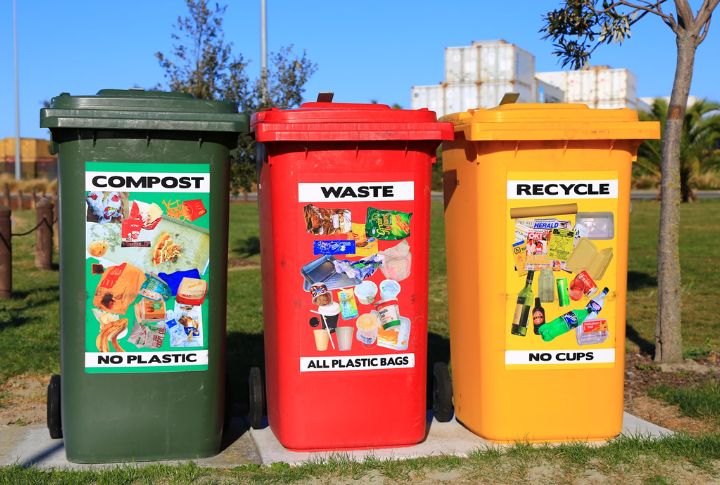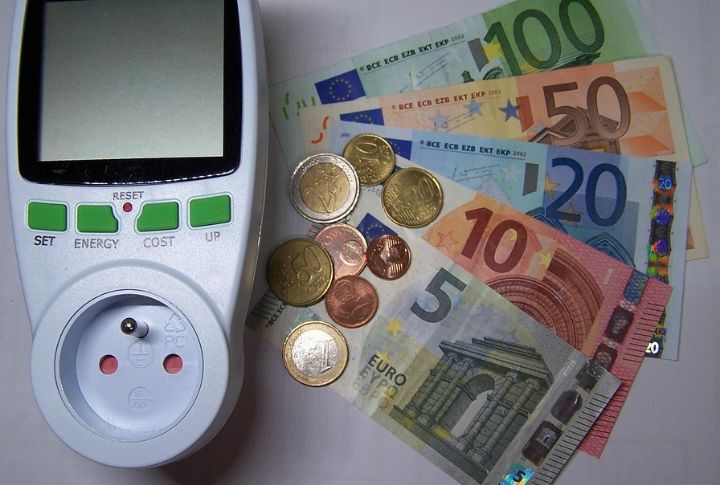
Everyone’s got their eyes on the Hawaiian real estate market, but it’s not as simple as packing your bags and moving in. There are some hidden obstacles that can make you wish you’d known better. Here are 10 factors that could lead you to think twice before buying a home in Hawaii.
High Cost Of Living In Hawaii

Living in Hawaii comes at a steep price. Groceries, gas, and utilities cost much more than what you’d pay on the mainland. The housing market is also incredibly steep, with prices for homes well above the national median. Rent is also sky-high, leaving little room for newcomers to find affordable options.
Limited Housing Inventory And High Demand

Hawaii struggles with a housing shortage due to limited land and increasing demand. New residents, especially retirees and remote workers, contribute to this problem. Many properties are bought as vacation homes, which reduces the number of homes for permanent residents. The limited inventory results in bidding wars, often making prices climb even higher.
Vulnerability To Natural Disasters

Just imagine buying your dream home in Hawaii, only to face the constant threat of volcanic eruptions, hurricanes, and earthquakes. These natural disasters regularly wreak havoc on the islands. Insurance prices are also high, and in some areas, coverage is limited.
Remote Location And Travel Costs

Purchasing a home in Hawaii means dealing with travel costs. Flights to and from the islands can be expensive, particularly during busy seasons. With limited flight options, prices fluctuate, and flexibility is limited. The cost of shipping goods to the islands may add up, which makes it more expensive to live there than expected.
Restrictive Zoning And Building Regulations

Hawaii’s zoning and building regulations pose a challenge for homeowners. Strict codes are enforced to preserve the islands’ natural beauty, and in some areas, expanding or modifying your home is difficult. Permits and approval processes are often time-consuming and expensive and limit your freedom to use your property as you wish.
Struggling With Island Fever

Island life comes with its perks, but isolation is tough. The distance from the mainland may leave some feeling disconnected. Limited cultural and recreational options, especially outside tourist seasons, make life feel repetitive. The rainy season exacerbates the sense of confinement, triggering “island fever” for some residents.
Unpredictable Real Estate Market

While Hawaii may be a dream destination, its real estate market is far from predictable. When tourism picks up, home prices shoot up. However, that leaves future property values uncertain. And when things go downhill—whether due to an economic downturn or a natural disaster—it’s hard to find steady returns on investment.
High Property Taxes In Certain Areas

In high-demand areas like Honolulu, property taxes can quickly add up. Although taxes in Hawaii are lower than in many other states, the combination of high property values and tiered tax rates results in significant annual bills. Buyers need to account for these tax costs, as they can add a burden on top of mortgage payments.
Challenges With Waste Management And Recycling

Waste management in Hawaii can be tricky, especially on more remote islands. Recycling programs are limited, and that can raise some environmental concerns. Disposal fees are also higher than on the mainland, making homeownership more expensive. If you live in rural areas, proper disposal and recycling are a real hassle.
High Utility Costs Due To Limited Resources

Utility costs in Hawaii can be a shock. The state relies heavily on imported fuel for electricity, resulting in some of the highest energy prices in the U.S. Additionally, power outages are common due to the tropical climate, so homeowners often require backup generators, which further increase living costs.
